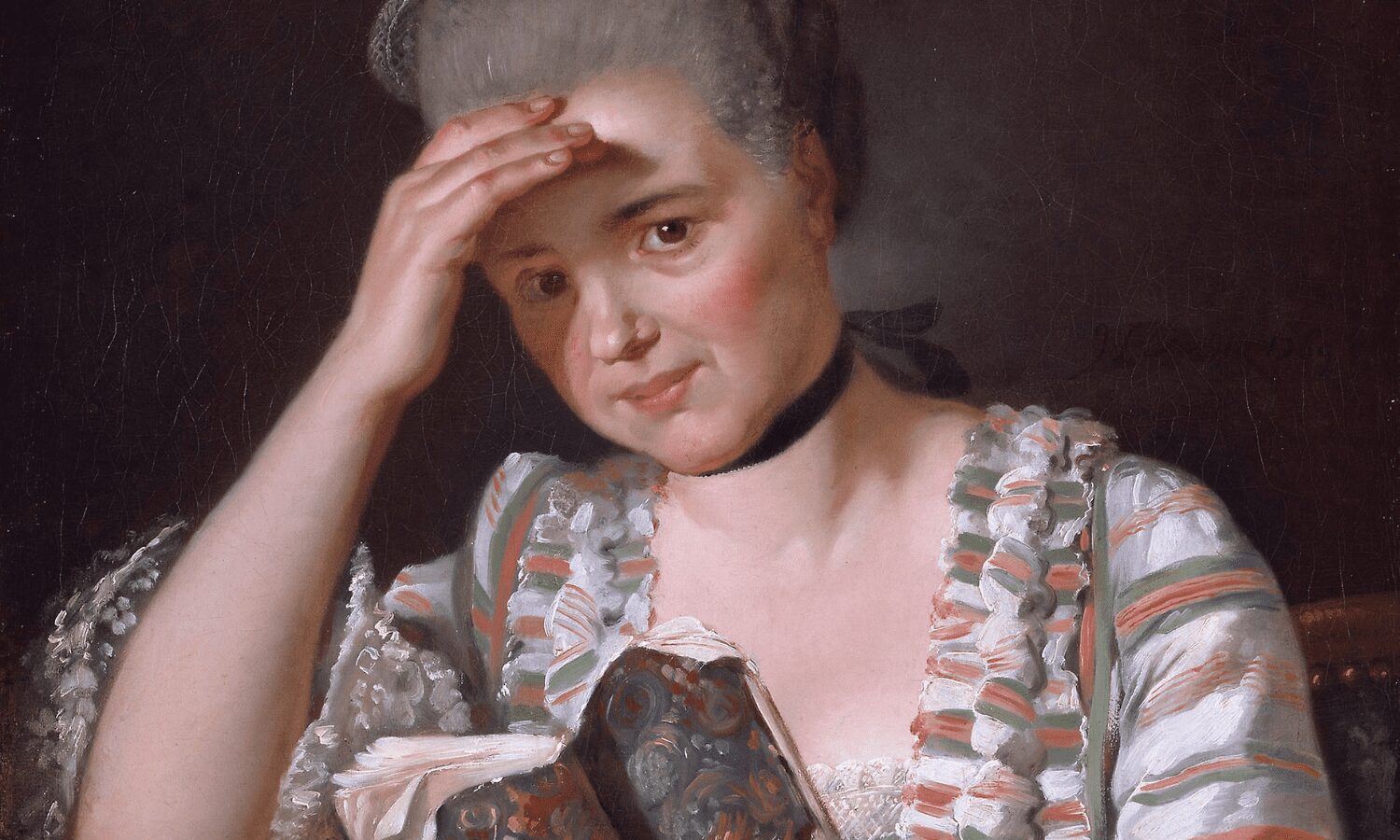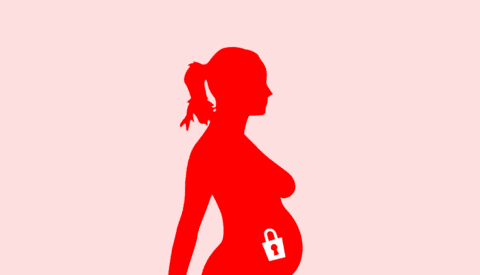Book Selfies And Late-Stage Capitalism: The Summer Of Performative Reading
A self-described «veteran reader, aspiring writer and a long-term bachelor» considers the summer trend of reading to build your public image.
Article
2025

Article
There’s no doubt: It has been, once again, the summer of performative reading. Or in other words, the «social trend in which the act of reading is used as a tool to construct a public image». For at least three years now, there has seldom been a selfie without a book, and books have come to justify — or rather, excuse? — the selfie.
This trend really takes off in the summer: large piles of books for your suitcase, lists of «currently reading» or «already read», and books as the focus of every social media post: a cove in Menorca, a towel, a glimpse of tanned skin, and a novel to complement a nice selfie. And to top it all off, there’s often a quote pulled from the book — a little shot of wisdom meant to soften the inherent boldness of posting a photo of oneself.
The book also blunts the cruel gaze of the onlooker, as literature mediates and civilizes the exchange: Suddenly, we no longer have to talk about how good you look, but about how wonderful Milena Busquets’ latest release is, don’t you think?
The allure of being well-read
I read a headline in El País that said: «A guy who reads on the subway is sexier than one who looks at his cell phone: How books have become an erotic attraction». Now, with summer over — which is reading season because we have more time — we’ll start seeing the return of books on the subway, half sticking out of tote bags, coffees with Proust as a garnish, and the rush to get out of work to post that you can finally lie in the sun and finish Normal People. Life can be wonderful: All you need is time, a book, Instagram and late-stage capitalism.
If someone had told me about performative reading when I was young, I wouldn’t have believed them. In my day, at the start of the 21st century, it was unusual to flaunt a book (I’m talking more about the middle class, and not within creative circles, of course). Books were read by those without a life to call their own — the ugly and the shy, the sexually inexperienced. And even then they continued, more out of habit than anything else.
Now people read in order to talk about it
I started reading compulsively between the ages of 13 and 15. At the time, only one of my friends read, and we would talk about it sotto voce, away from the friend group, as if we were sharing cocaine. Since we hadn’t yet been corrupted by nightlife, and women were off-limits, we spent Saturday mornings in a large bookstore in Seville that no longer exists, discussing and choosing books. We would leave with a pile of «hostages», as we called them. But it never occurred to me to go around bragging about my reading. It was nothing more than a kind of risky collusion, and it was even a bit funny: This must be what it’s like to hook up with the housekeeper.
What fascinates me, coming from where I come from, is that now people read in order to talk about it. To round out the setting and the characters. The book is an aphrodisiac and status symbol, an essential accessory for being desirable, just like Ray-Ban aviator sunglasses used to be.
Men, who are always three years behind — and who incidentally, read less than women — have discovered a niche in performative reading. I’ve had enough of seeing them this summer on beach chairs, wearing sunglasses, with their toned torsos and open books. It makes sense though: A man’s whole life is an instinctive race to ingratiate himself with women. Take Spanish footballer Héctor Bellerín, for example.
In theory, none of this is bad. It’s better to be posing with a Sara Mesa book than with the Mara Salvatrucha (MS-13) criminal gang. Better to flirt with a literary lady from La Celestina than with a bottle of White Label. And yet, as with any kind of social performance, the mysterious and dazzling rise of reading makes me a little uneasy, perhaps even uncomfortable. Unease that people are buying and reading books? Seriously? I don’t know, my friend, but I’ll try to explain.
Keeping up appearances
With this hunger to keep up appearances has grown something like collective greed, the bulimia of our time: Hence, the online challenges to read 300 books a year, and the girl who read a hundred in a week using AI summaries. Heightened FOMO (fear of missing out) and probably a kind of choppy, jumpy reading, just to get to the next trendy recommendation. Fashion and hype are the main — or only — criteria, because, as in any market, in the world of performative reading some books are worth more than others: Leskov doesn’t give you the same validation as Dostoevsky, just to name a couple of Russians.
The marketing behind it is being completely exploited by savvy publishers, who are becoming tastemakers for every preference, even for those with none at all. The categories. Short books, light prose, Instagram-ready lines… The most astonishing exhibitionism: I have witnessed a man cry — and by that I mean post his tears — after reading a paragraph by Baricco. The strange personification of it all: books save, heal, speak, live, feel… And the terrible literary virtue signalling, similar to the way therapy was treated only recently: go to therapy, and you’re a good person; read books, and you can’t be an idiot — although of course, you very much can!
The truth is that I’m complaining out of habit. As a veteran reader and aspiring writer — and, to top it all off, a long-term bachelor — performative reading suits me well. Better than the gym, at least. My 15-year-old self would rejoice at the sight of so many pretty girls devouring books, and so many men trying to woo them with a flick of a book cover. It gives me hope.
So I’ve decided I don’t care if people don’t actually read half of what they claim, and post about. And I’ll no longer agonize over the devaluation that comes with every trend, or over how awful the very word «trend» is. The thing is, autumn is quietly approaching, and I still haven’t decided whether to celebrate it with a book from Acantilado or Asteroide, or whether to accessorize with tweed or corduroy. What do you think?
This content is part of a collaboration agreement of ‘WorldCrunch’, with the magazine ‘Ethic’. Read the original at this link.






